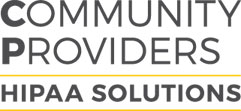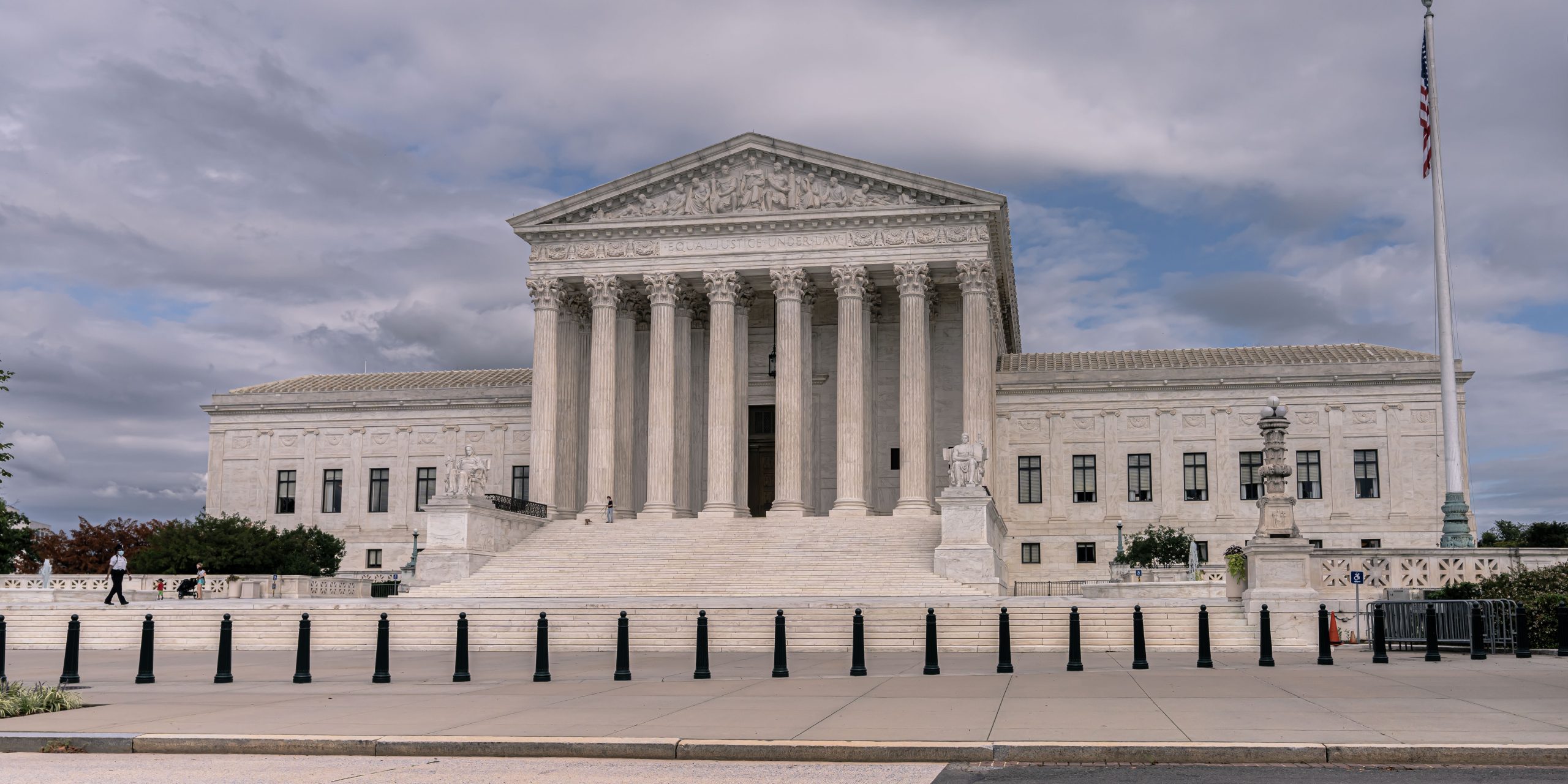This week Politico published a copy of a draft opinion from the Supreme Court that was leaked by someone inside the Court. Whether the motivation of the person who leaked the document was to impact the decision of the Supreme Court, or the mid-term elections is irrelevant for the purpose of this blog post. There has been a lot of discussion this week about the sanctity of the processes of the Supreme Court, and the fact the Court has, for centuries, maintained an “above the political fray” approach designed to ensure the integrity of the Court and its deliberative process. This week, all of that changed.
Regardless of the motivation, someone within the Court inner circle decided their personal political agenda was more important than centuries of procedures designed to de-politicize the Supreme Court; many of those protections were put in place at the time our constitution was drafted. This regrettable action is evidence that we now live in a “whatever it takes to get my way” society. Protocols and history be damned, if I can impact the world to be the way I think it should be, it doesn’t matter what institutions I need to take down to accomplish my goal.
This attitude has become far more pervasive than it should be, and, as compliance professionals, we must be cognizant of this societal change and the risks that come with it. If an employee of the Supreme Court of the United States is willing to violate the trust of the entire institution to accomplish his or her goals, how vulnerable are health care providers to that same attitude. Whether it be a breach of sensitive protected health information, or a situation where someone is willing to commit fraud to accomplish their goal, our risk assessments have to include those “but that would never happen here” scenarios.
As society changes, so do the risks providers face each and every day. It is more important than ever that compliance programs anticipate and adapt to the changing risk landscape.








